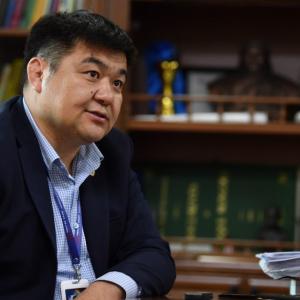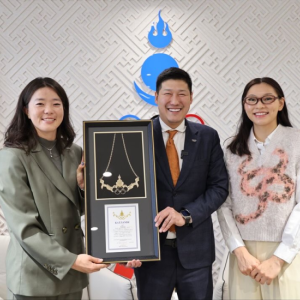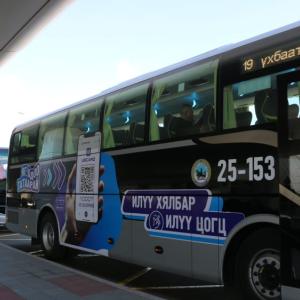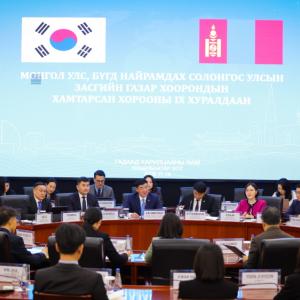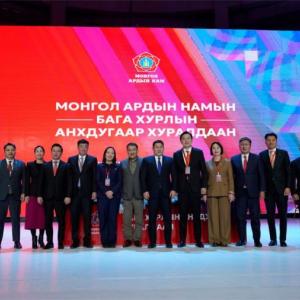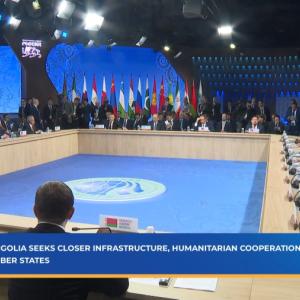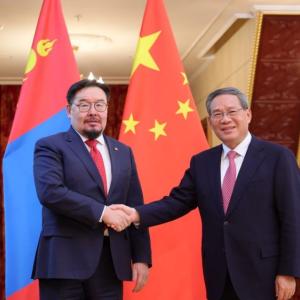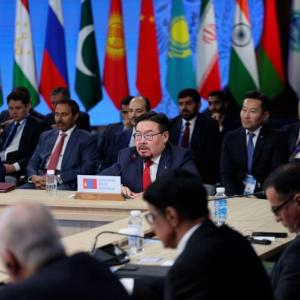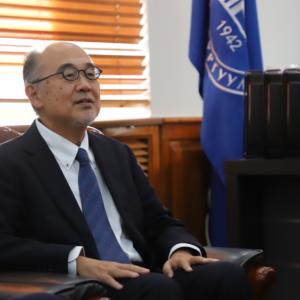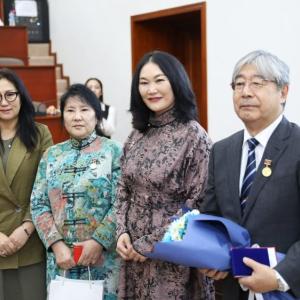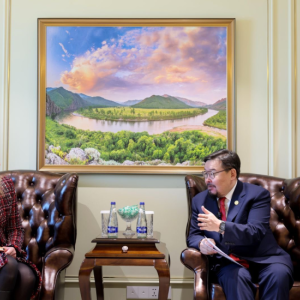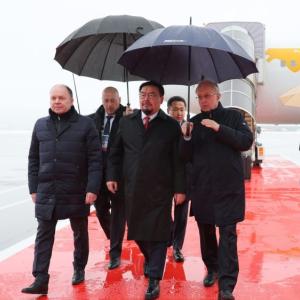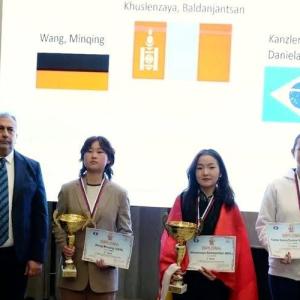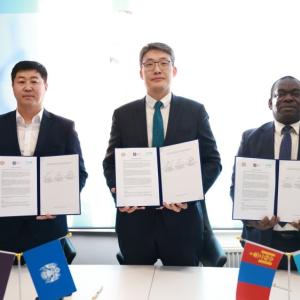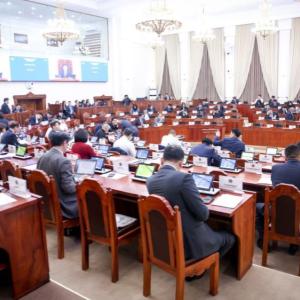Fiber Optic Network Expansion to Continue in Remote Areas of Mongolia
Society
Ulaanbaatar, November 14, 2024 /MONTSAME/. Cellular networks reach 23.8 percent of Mongolia’s habitable land, with the remaining areas devoid of network connectivity. The Ministry of Digital Development, Innovation, and Communications of Mongolia (MDDIC) plans to expand network coverage in 74 bags this year, and 55 bags next year. Moreover, the MDDIC is preparing to launch a national satellite in 2027 to provide accessible communication services in remote areas. In this regard, Minister of the MDDIC Batarkhuu Tsend met with representatives from Mobicom Corporation to discuss further steps for ensuring network connectivity throughout the country. At the meeting, representatives from Mobicom Corporation raised the question of whether to continue the network installation work on terrestrial infrastructure or address the issue through the national satellite.
Minister Baatarkhuu Tsend noted, “ Mongolia will launch a national satellite in 2027. Until then, efforts to expand network coverage using terrestrial infrastructure will continue. We encourage operator companies to be active in this process. The regulations on the "Universal Service Obligation Fund of Mongolia" are being revised with broad participation of stakeholders related to the issue, and the MDDIC aims to optimize the fund’s financing and expenditure.”
The Universal Service Obligation Fund of Mongolia is one of more than 20 special funds of the Government of Mongolia, which does not rely on the State Budget, with 70-90 percent of its revenues coming from a small number of large companies in the telecommunications sector. The fund was developed to provide telecommunications services to remote areas, build new networks, and renew existing services.
Mobicom Corporation’s advisor Hiroyuki Kobayashi expressed the company's eagerness to work closely with the Ministry of Digital Development, Innovation, and Communications in the future.
The two sides discussed several potential initiatives, including the establishment of a drone testing zone, providing remote work opportunities for Mongolian engineers in Japan, and offering incentives to companies that train professionals in information technology.
 Ulaanbaatar
Ulaanbaatar









